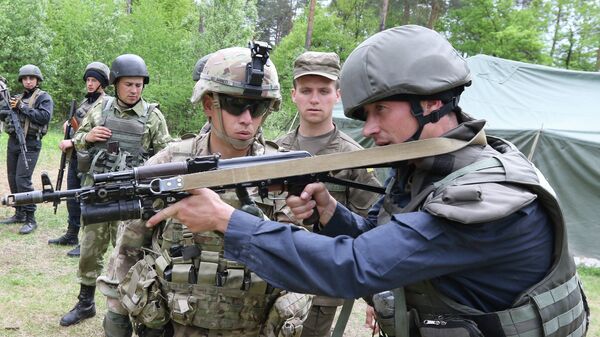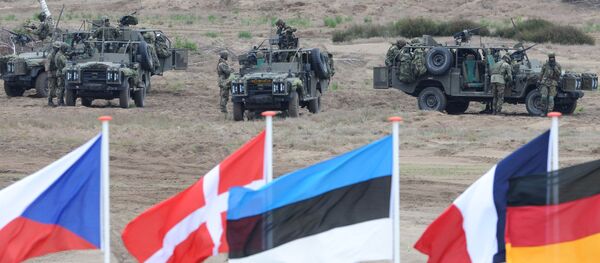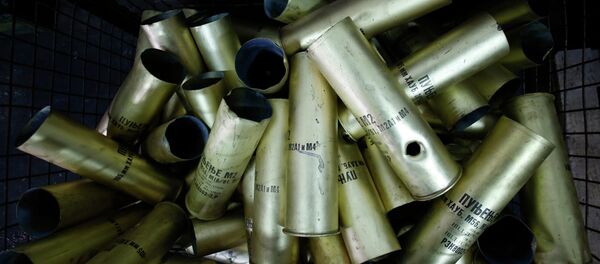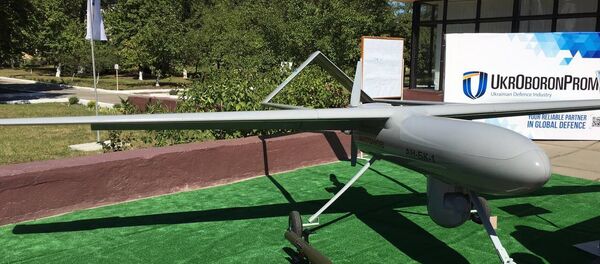According to Defense News, the GSCF, which has its money allocated from Pentagon and the State Department programs, may be deemed unworthy of renewal when it expires in 2017, leading to the closure of projects to finance the training and equipping of US allies in countries like Ukraine, the Philippines, and Libya.
The Ukrainian National Guard training fund was openly criticized by US lawmakers following revelations that some of the 600 guardsmen who were trained were members of neo-fascist militia groups, units of which have been accused of war crimes in the ongoing civil war in eastern Ukraine. Nevertheless, a proposal for more military assistance for Ukraine using the GSCF has already been submitted.
But now, the GSCF program, which was listed as a pilot program in 2012 under the National Defense Authorization Act which created it, needs to be renewed, and that may prove problematic. At the moment, Defense News points out, "there does not appear to be much focus on Capitol Hill" regarding the future of the program.
More than anything, the Pentagon is concerned by the fact it provides over 80% of the money in the fund, while the GSCF gives the DoD and State Department equal say on its use. Accordingly, Congress may end up questioning the usefulness of the fund, with lawmakers concerned about its lack of accountability.
At the same time, according to Defense News, "one potential piece of good news for GSCF could come if former Secretary of State Hillary Clinton wins the presidential election com November." The fund's creation was Clinton's pet project, a State Department official told the paper.
US officials have yet to commit to Kiev's offer, but seem to be exploring the possibility. Shortly after the Ukrainian ambassador made the proposal, former DARPA head Anthony Tether traveled to Kiev, where he became an official adviser to Ukraine's defense industry. According to analysts, Tether's appointment may be part of Washington's efforts to test the waters on the state of Ukraine's military industrial complex, and whether it is worthy of investment.






